Key Takeaways
- Fleas typically bite humans temporarily but don’t infest them long-term.
- Flea bites often appear as itchy, red bumps clustered on legs and ankles.
- Immediate relief includes washing bites, applying anti-itch creams, and using antihistamines.
- Effective flea removal requires thorough cleaning of your home, treating pets, and regular maintenance.
- Natural remedies like diatomaceous earth and essential oils can help repel fleas safely.
- If infestation persists, professional pest control services offer reliable solutions.
- Prevent future infestations with routine pet care, regular cleaning, yard maintenance, and proactive home sealing.
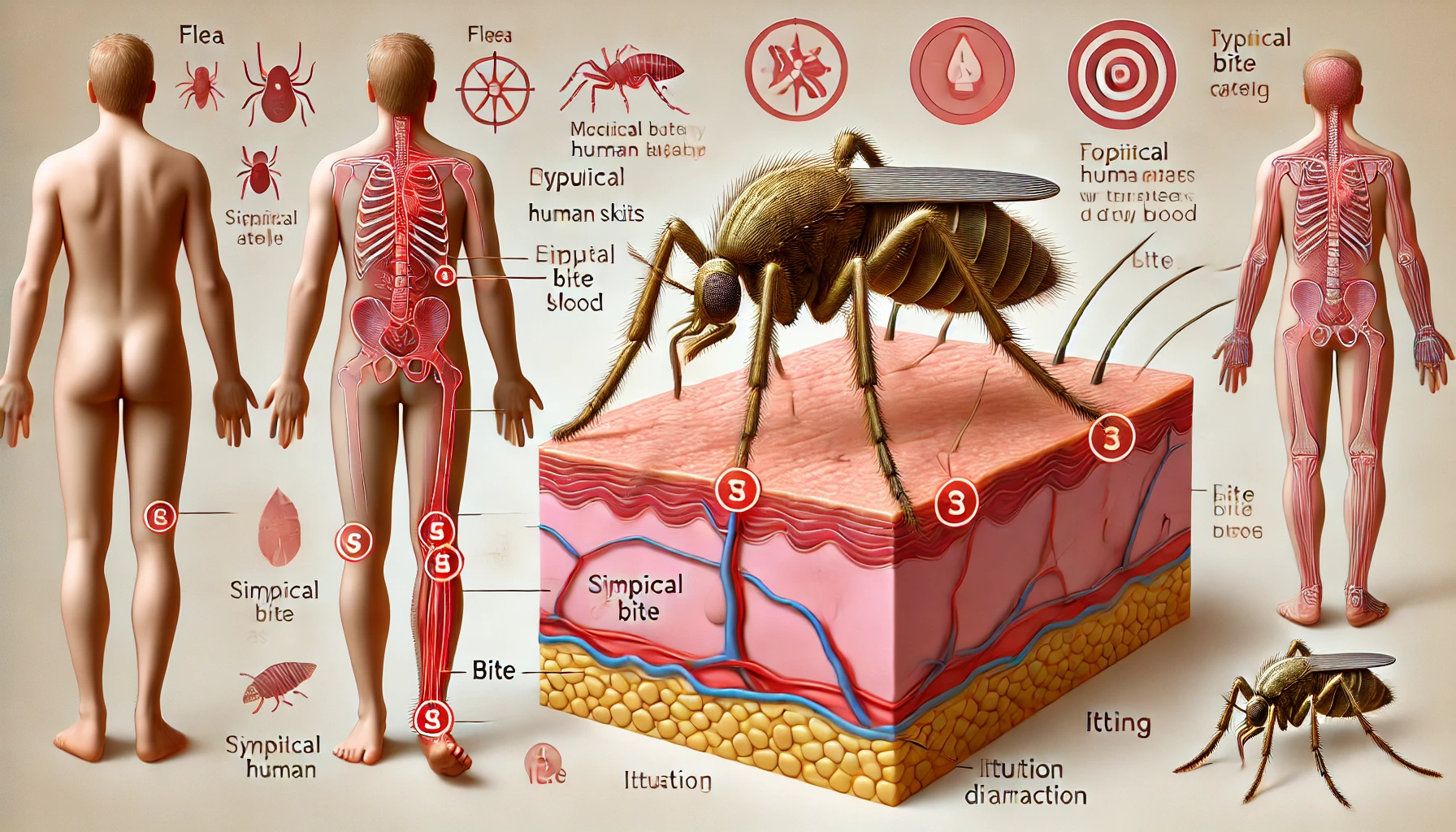 Ever saw those small annoying bite on your feet or ankles and thought, “Can they bite flea?” Fleas is usually present with pets, but surprise. They sometimes fall by human homes. While the flea can not go with you permanently, their bite can still crazy you. If you are full of these annoying itching, then you are definitely here.
Ever saw those small annoying bite on your feet or ankles and thought, “Can they bite flea?” Fleas is usually present with pets, but surprise. They sometimes fall by human homes. While the flea can not go with you permanently, their bite can still crazy you. If you are full of these annoying itching, then you are definitely here.
So, How Exactly Do Humans Get Fleas?
Usually, fleas jump ship from pets or come from areas already infested. Let’s be honest—your beloved cat or dog might unknowingly be the culprit. But pets aren’t the only ones to blame. Here’s where fleas typically come from:- Pets (yes, including your adorable rabbit)
- Pesky wildlife (think squirrels, rodents, raccoons, even birds)
- Infested rugs, bedding, or furniture (fleas love cozy spots)
- Outdoor areas like yards, parks, or hiking trails
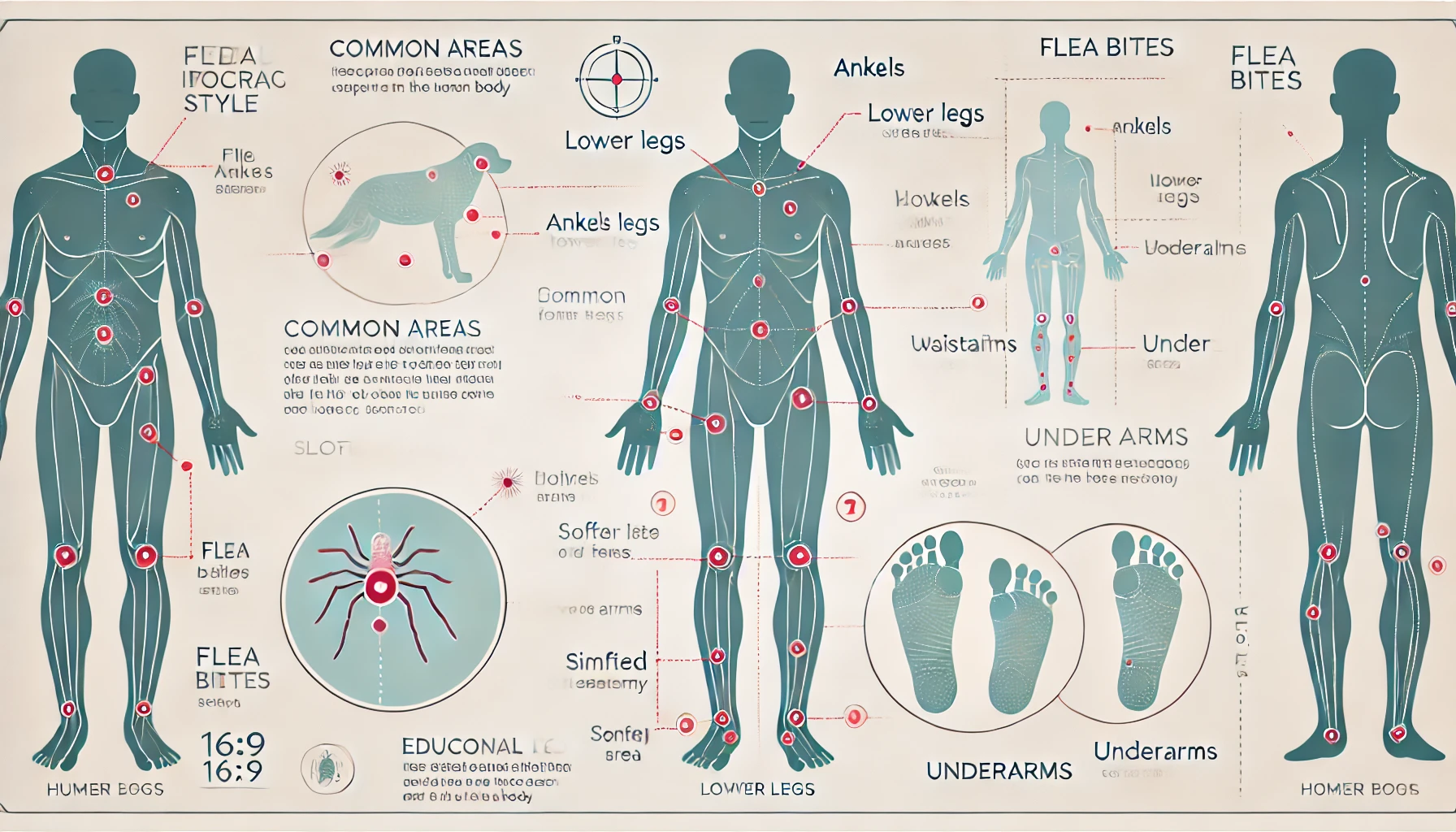

Not getting a solution?
Get your free pest control estimate today!Spotting Flea Bites: Not as Easy as It Seems
Flea bites can be sneaky—they often get mistaken for mosquito or bed bug bites, but there’s usually a giveaway:- Small, red bumps with a distinctive red halo (super itchy, trust me!)
- Typically targeting your ankles, feet, and lower legs
- Often appearing in clusters or lines—like tiny flea footprints
- Immediate, persistent itching that’s hard to ignore
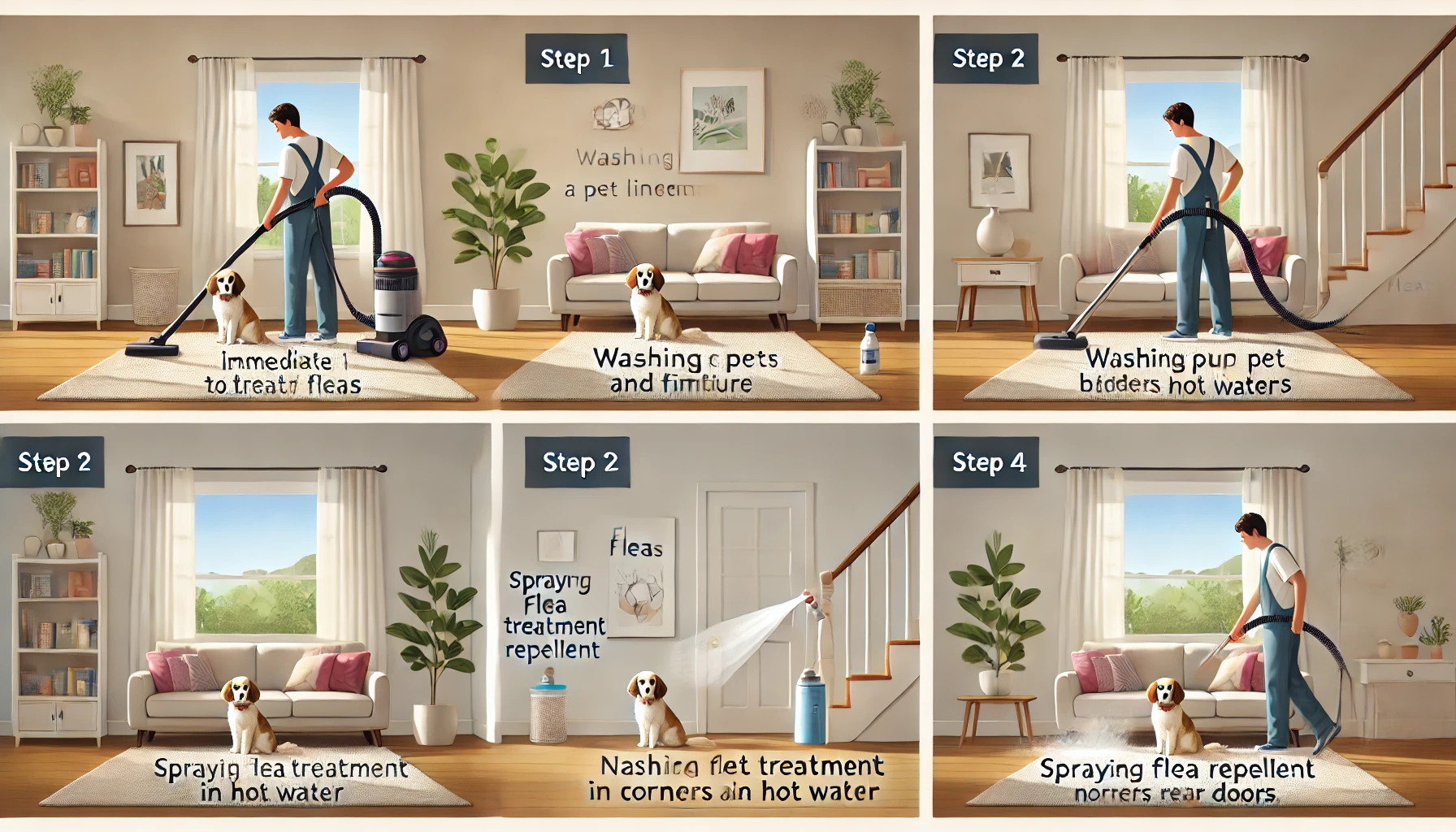
First Things First: Immediate Relief for Flea Bites
- So, you’ve identified the bites. Now what? Honestly, relief can’t come soon enough. Here’s what to do:
-
Wash Up: Clean bites with cool water and mild soap to reduce infection risk and calm irritation.
-
Stop the Itch: Apply hydrocortisone cream or calamine lotion to relieve itching and reduce inflammation.
-
Cool Down: Use a cloth-wrapped ice pack or cold compress for fast itch relief and swelling control.
-
Pop an Antihistamine: Take OTC antihistamines like Benadryl for serious itching—just be sure to follow dosage instructions.
Getting Fleas Off Your Body—For Good
- Fleas typically don’t live on humans, but they occasionally make an unwelcome appearance:
-
Hot Shower Time: A hot shower with soap and shampoo helps remove any fleas clinging to your body.
-
Comb Through Your Hair: Use a lice comb to catch and remove any fleas hiding in your hair.
-
Laundry Day: Wash clothes and bedding in hot water, then dry on high heat to kill fleas and eggs.
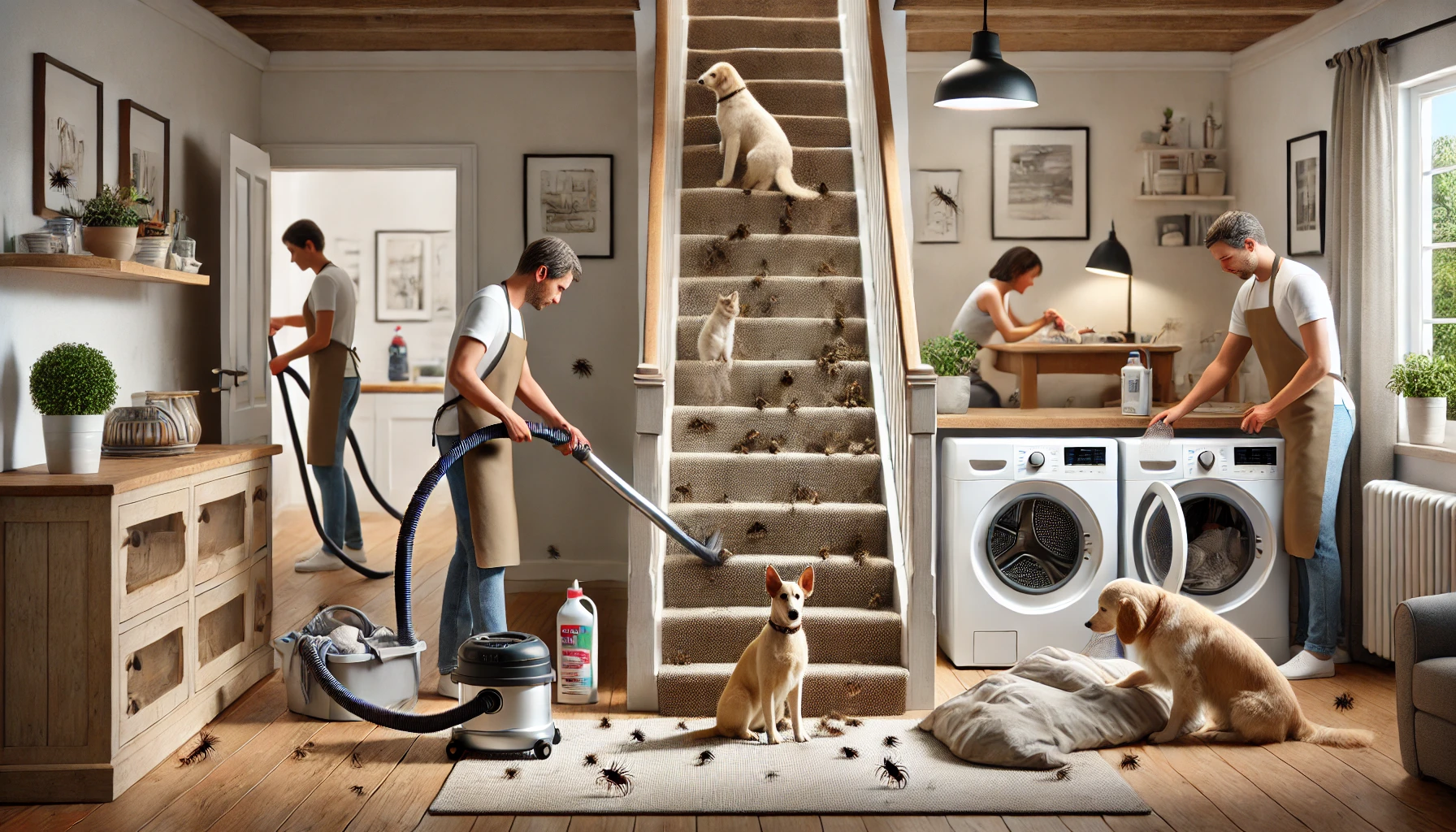
Time to Evict Fleas from Your Home
- The fleas biting you are likely hiding out somewhere in your home:
-
Vacuum, Vacuum, Vacuum: Thoroughly vacuum all surfaces and discard the vacuum contents in a sealed bag outside.
-
Steam Things Up: Use a steam cleaner on carpets and upholstery—fleas can’t survive the high heat.
-
Flea Sprays or Foggers: Use EPA-approved products carefully for added flea control—always follow safety directions.
-
Wash Pet Bedding Regularly: Clean pet bedding often to break the flea life cycle and reduce reinfestation.
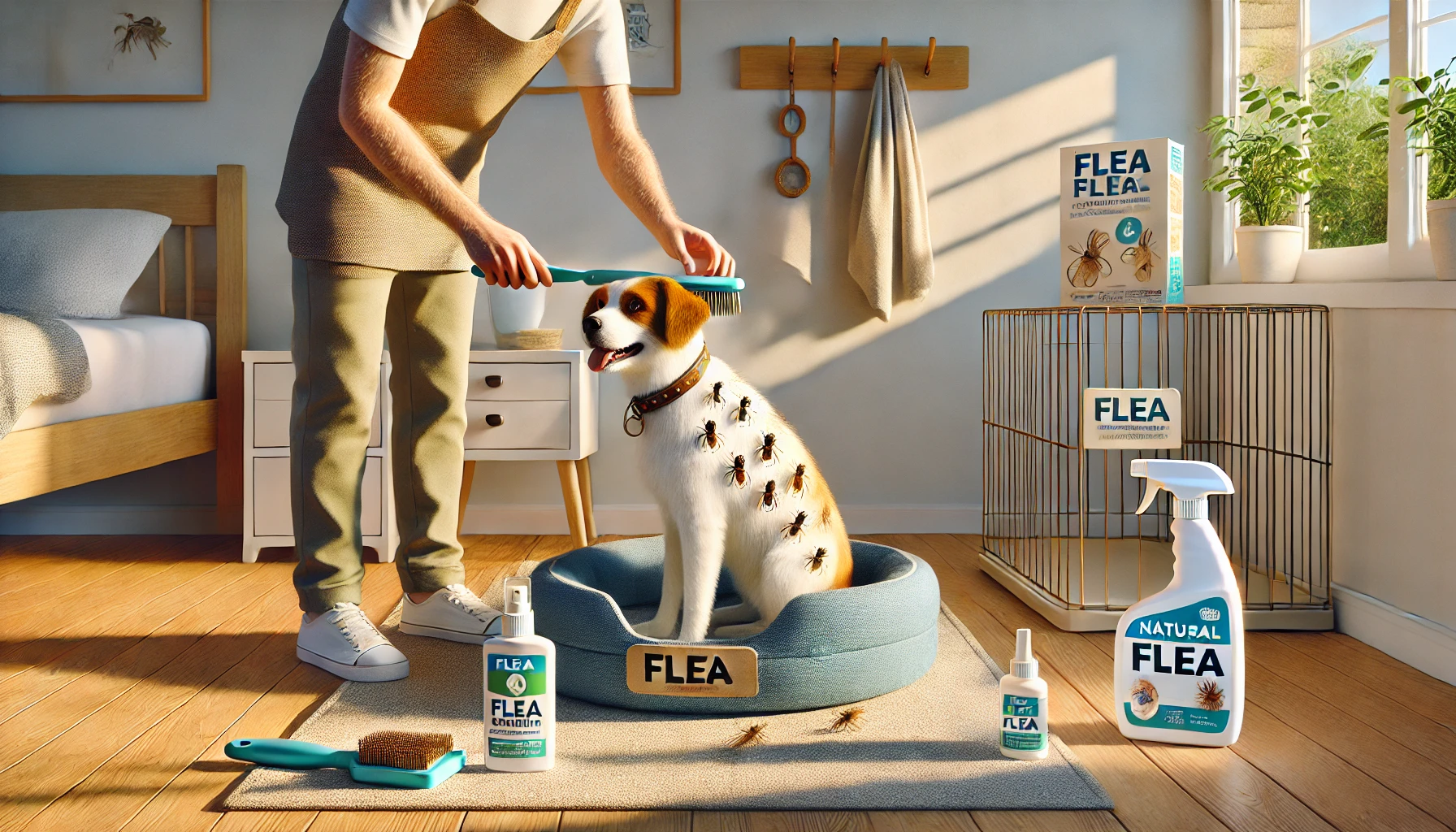
Keeping Your Pets Flea-Free (So They Don't Share)
- Pets can unintentionally keep the flea party going. Here’s how to prevent them from bringing in unwanted guests:
-
Regular Checks: Use a flea comb weekly to monitor and catch early signs of fleas.
-
Bath Time: Wash pets regularly with vet-recommended flea shampoos to prevent flea buildup.
-
Preventatives Are Essential: Use flea collars, topicals, or prescriptions consistently to protect your pet and home.
-
Keep Pets Indoors: Limiting outdoor activity during flea season lowers exposure risk.
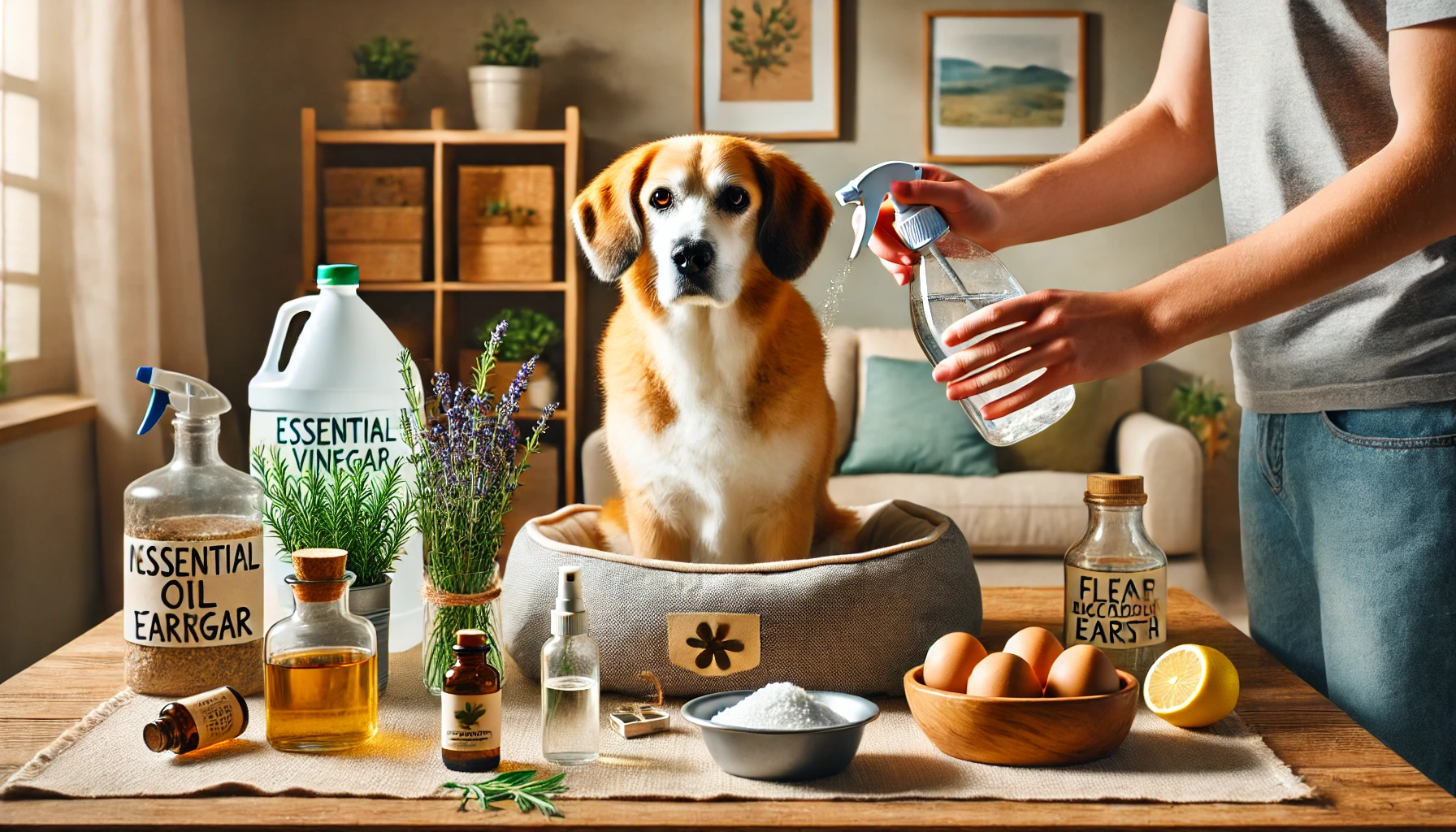
Natural Remedies—Because Why Not?
- Prefer going the natural route? No worries, there are effective alternatives:
-
Diatomaceous Earth: Sprinkle onto carpets and let sit before vacuuming—it dehydrates and kills fleas naturally.
-
Essential Oils: Lavender, peppermint, and cedarwood oils repel fleas—use diluted and only if safe around pets.
-
Homemade Sprays: Mix apple cider vinegar with water for an easy, natural flea-repelling spray.
-
Citrus Solutions: Boil lemons, steep overnight, and use the cooled mixture as a natural flea repellent.
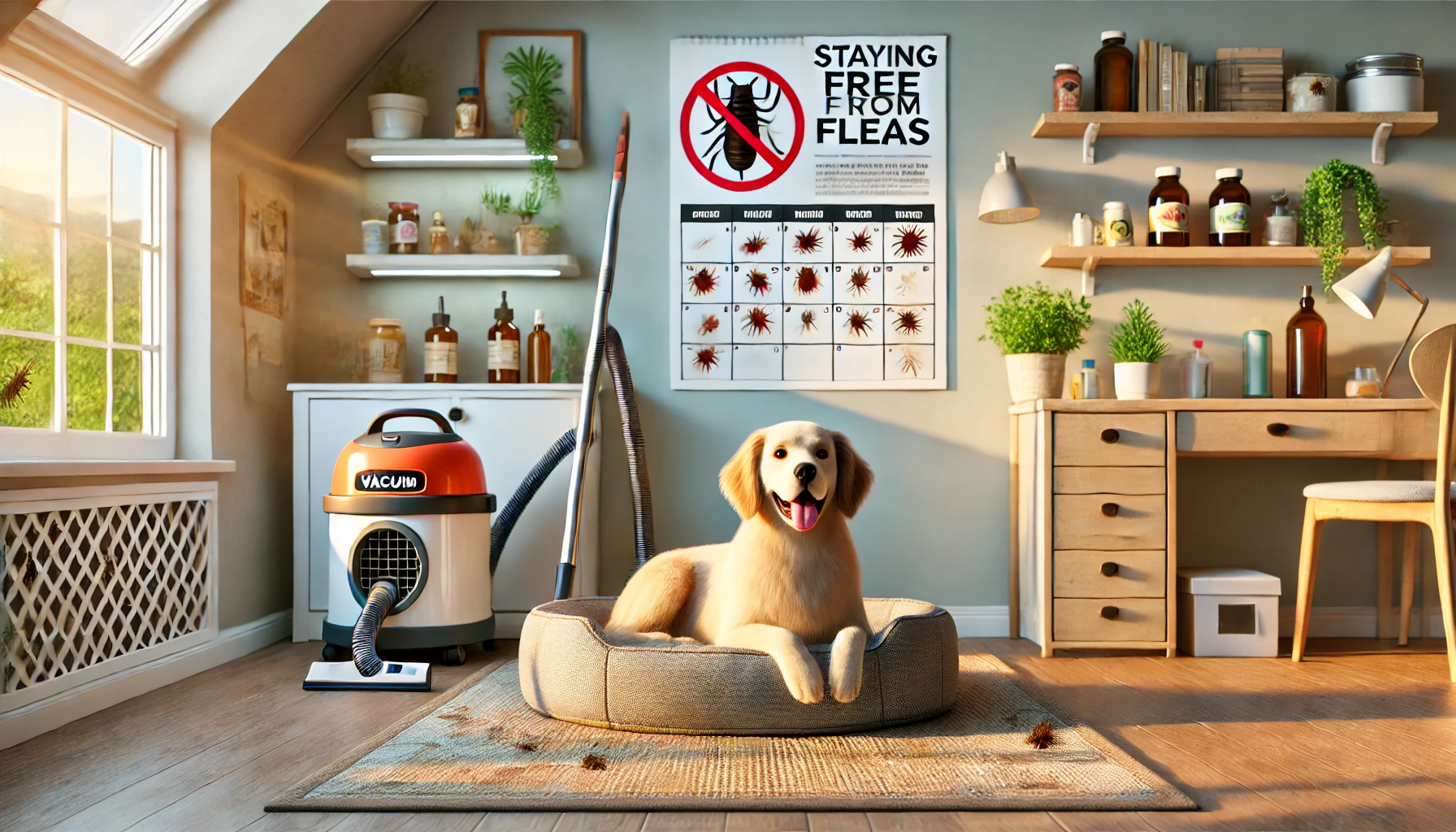
Simple Bullet Points + Description
- If you never want to deal with fleas again (and honestly, who would?), keep these long-term tips handy:
-
Routine Pet Care: Stick to flea prevention year-round, especially in warmer months.
-
Yard Maintenance: Mow regularly, clear debris, and use yard treatments to prevent outdoor flea buildup.
-
Consistent Cleaning: Vacuum and wash bedding frequently to keep fleas from gaining ground indoors.
-
Seal Your Home: Close off entry points to stop wildlife (and their fleas) from sneaking in.
-
Watch Your Footwear: Inspect and clean shoes after visiting flea-prone areas to avoid bringing them inside.
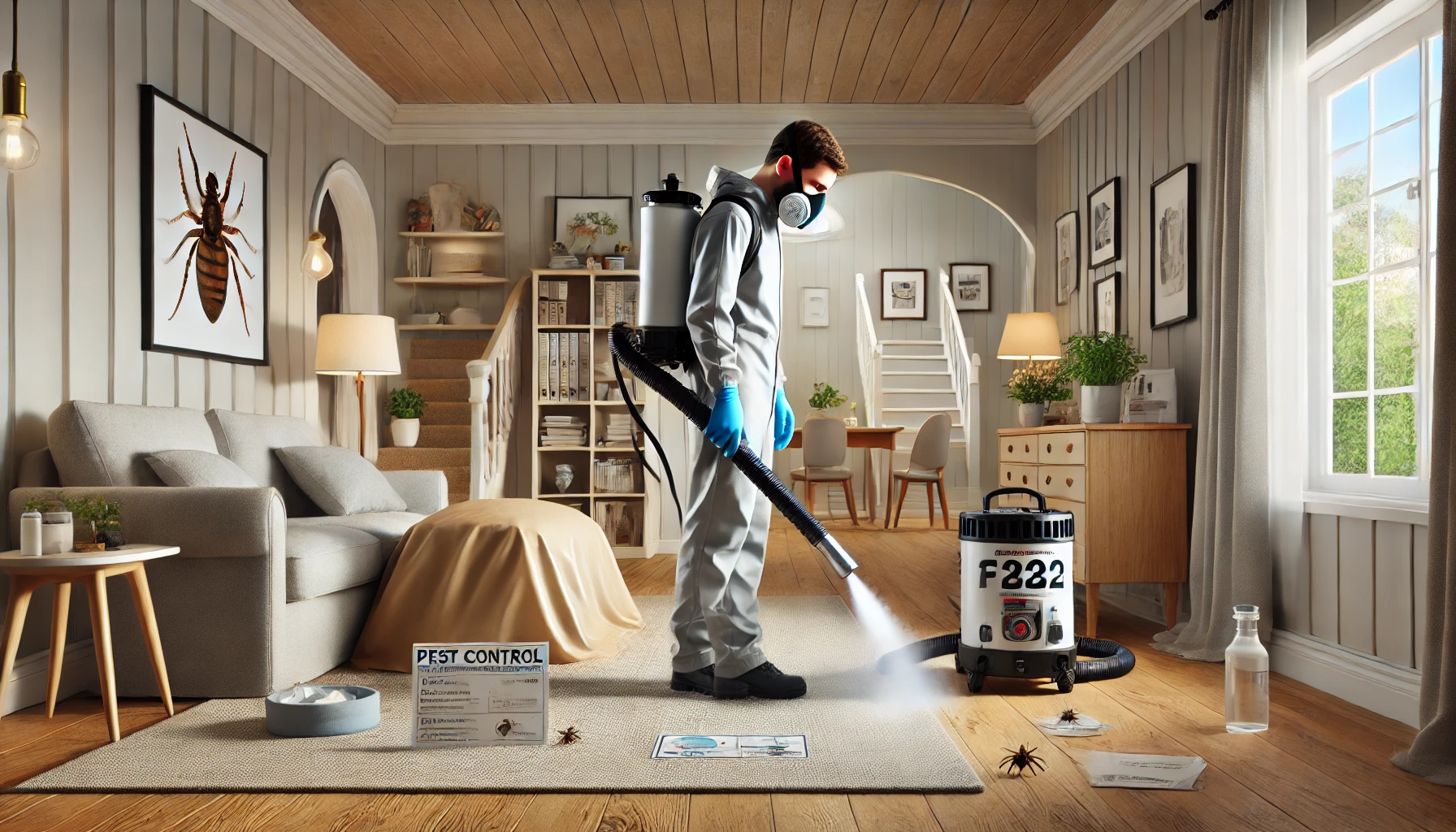
When It’s Time to Call the Pros
If fleas persist despite your best efforts, don’t hesitate to bring in professional help. Pest control experts have advanced methods to deal with stubborn infestations effectively, taking the stress off your shoulders.Final Thoughts—Because Fleas Aren’t Welcome
Treating fleas on humans isn’t just about addressing bites. It means tackling the bigger picture—pets, home, and yard included. Sure, fleas might be small, but their ability to disrupt your comfort is undeniably huge. Follow these detailed steps, and you’ll soon be happily flea-free. Here’s to reclaiming your comfort, one itch-free day at a time. After all, life is too short to share it with fleas. Remember, fleas can be persistent. Don’t be discouraged if your first attempts aren’t fully successful. Persistence and consistency are key. You’ve got this! Before you know it, your home will be back to being the comfortable, flea-free sanctuary it should be. And honestly, isn’t peace of mind worth all the effort? If you feel things have gone out of control, it is advised to contact pest control professionals. Our team can provide a customized approach to protect your home effectively.Visit our Species, Control, and DIY Guide sections for additional resources on fleas and ways to tackle a fleas infestation.





